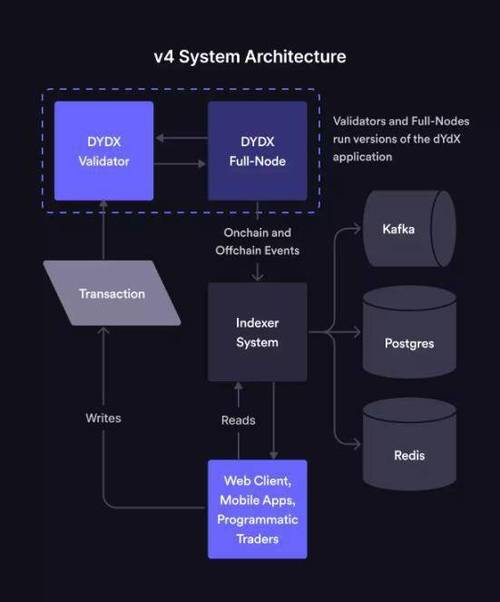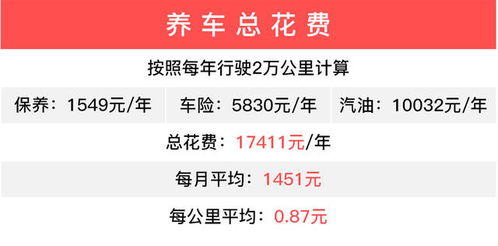区块链系统层级架构及具体内容
Title: Exploring the Functionality and Advantages of a Decentralized Exchange (DEX) in the Blockchain Industry
Introduction:
In the rapidly evolving world of blockchain technology, decentralized exchanges (DEX) have emerged as a groundbreaking innovation. A DEX system enables peertopeer transactions by eliminating the need for intermediaries, thereby providing a higher degree of trust, security, and privacy to participants. This article aims to delve into the functioning of a DEX system and highlight its advantages.
I. Understanding a DEX System

A decentralized exchange (DEX) is a platform that facilitates the direct exchange of digital assets between users on the blockchain. Unlike traditional exchanges where a central authority controls user funds, DEX operates through smart contracts and utilizes blockchain technology to maintain transparency and security.
II. Key Components of a DEX System
1. Smart Contracts: The backbone of a DEX system, smart contracts automate the execution of trades, ensuring that transactions occur only when predefined conditions are met.
2. Order Books and Matching Engines: DEX platforms often utilize order books and matching engines to match buy and sell orders. These components ensure fair and efficient order execution.
3. Wallet Integration: Integration with users' wallets allows them to maintain control over their funds, ensuring enhanced security and preventing unauthorized access.
III. Advantages of a DEX System
1. Enhanced Security: Traditional exchanges are vulnerable to hacking and theft, as they hold custody of users' funds. In contrast, DEX enables users to keep control of their private keys, reducing the risk of hacking and unauthorized access.
2. Privacy: DEX platforms often prioritize user privacy by allowing them to execute trades without having to disclose personal information.
3. Elimination of Centralized Authority: By removing intermediaries, DEX systems establish trust and transparency by operating on a peertopeer basis.
4. Global Accessibility: DEX platforms enable users from any part of the world to participate in trading, promoting financial inclusion and global market access.
IV. Guiding Principles for Developing a Successful DEX System
1. Scalability: Ensuring that the DEX system can handle a high volume of trades and users without compromising efficiency and speed is crucial.
2. User Experience: A userfriendly interface, easy navigation, and seamless integration with different devices and wallets are essential for enhancing the adoption of a DEX platform.
3. Liquidity: Building and nurturing a vibrant trading environment with sufficient liquidity is imperative to attract and retain active users.
4. Compliance and Regulation: While DEX platforms aim to eliminate intermediaries, adhering to regulatory frameworks and KYC procedures in a decentralized manner can enhance user trust and broaden regulatory acceptance.
Conclusion:
Decentralized exchanges (DEX) constitute a significant development in the blockchain industry. Their functionality, security, and ability to foster peertopeer transactions without intermediaries make them an attractive alternative to traditional centralized exchanges. With the right design, development, and attention to user requirements, DEX systems have the potential to reshape the landscape of digital asset trading.











